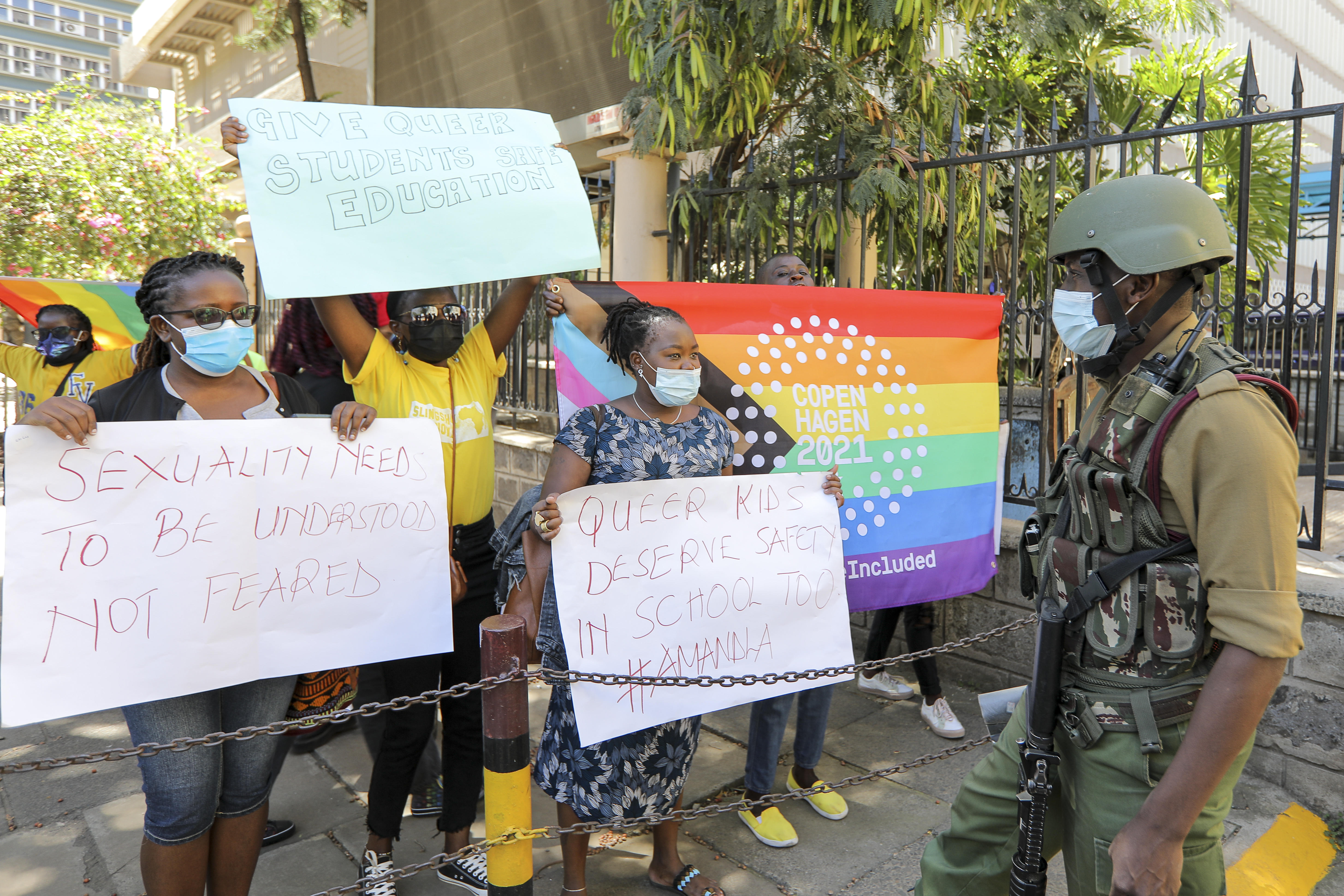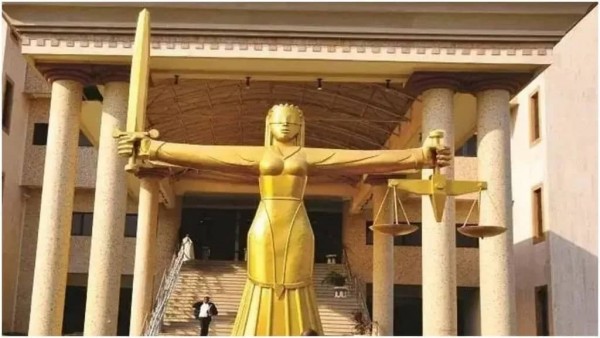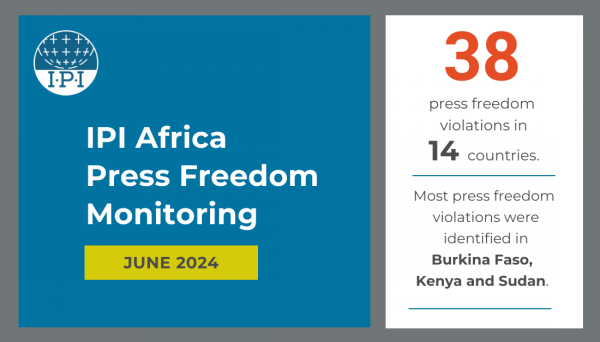Before publishing a recent project centering on the LGBTQ+ community in Africa, an anonymous Kenyan journalist prepared for backlash and harassment online. Though the negative response was not as strong as he had feared, the personal risks for a queer journalist remain high.
Homosexuality is illegal in Kenya, punishable by up to 21 years in prison, and a recent court ruling banned an LGBTQ+ human rights group. A 2019 poll showed only 14 percent of the country’s population said homosexuality should be accepted in society.
This journalist commented on the exclusion of queer stories in local outlets in Kenya. “You can tell there’s hesitation to cover these kinds of stories from the editors themselves. You don’t want to commission or to send out coverage for LGBTQ stuff because they know that they expect the audience to react a certain kind of way. And they don’t want to be seen as propagating or pushing an agenda. So very often such stories are not covered.”
Being the one to cover these stories can place a journalist under public scrutiny. “There’s just things about your personal life that people are questioning. So you’re doing really well with your career? But where is your family? And these are not questions that a straight journalist would have to go through. And obviously you can’t have your personal life as you’d wish.”
This journalist’s drive to cover the LGBTQ+ community, however, comes from a desire to promote social justice in reporting. “Very often, you find that minority groups now like LGBTQ, are one, undercovered and two, definitely oppressed by the systems or societies they live in.”
“My most recent [project] has given me the backbone to [cover the queer community] without necessarily hiding because, initially, the whole team decided that I’m not covering it as a queer journalist. I’m just a reporter who’s been sent to cover the story. And that’s how we really try to stay objective, and to protect me as well.”
In the process of his recent project, he could see the parallels to his own life: the project came out just after he had been outed to his father. “It was very triggering, just listening to how people have been ostracized by their families, or how they don’t have anyone to share their experiences with, or how no one gets them. And I entirely could feel every single story that we’re sharing”, he said.
In an international outlet like the one this journalist works at, he is able to be out to some of his colleagues. “But within the local stations, that’s something I would never have done,” he said. “It would have definitely cost me my job if I came out.”
To change the industry, however, he called on editors to be more open minded about covering LGBTQ issues. “There’s a sense that they need to see it like any other story, and look at it objectively, and put out personal opinions or feelings because at the end of the day, we’re dealing with people who need to be covered, and stories that need to be told.”
This article was published as part of a series on LGBTQ+ journalists around the world. To read the rest of the series, click here.



